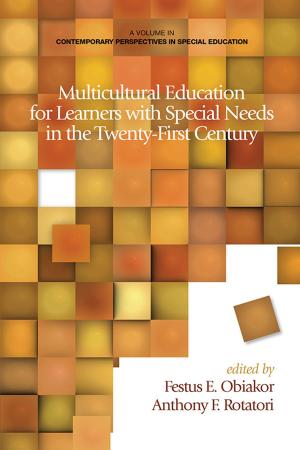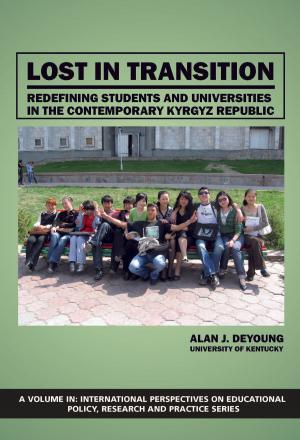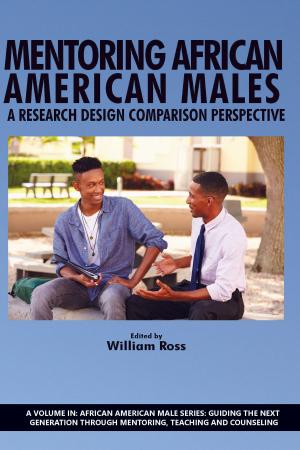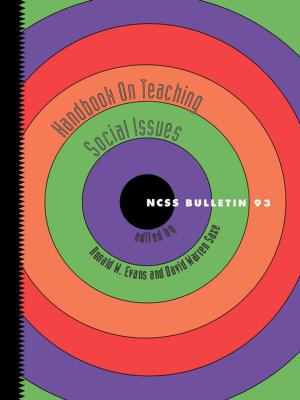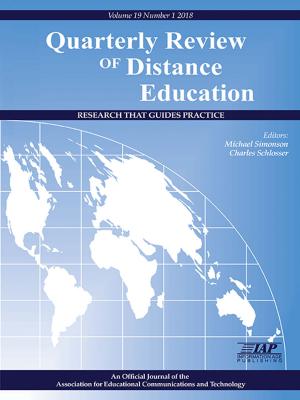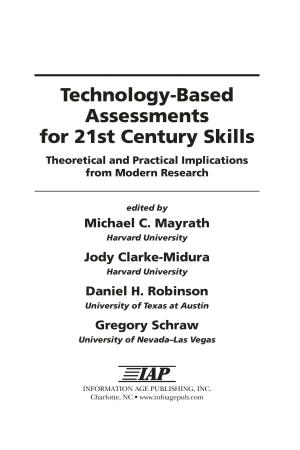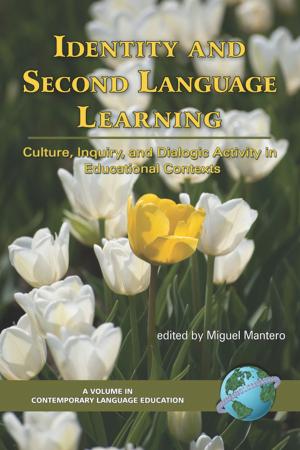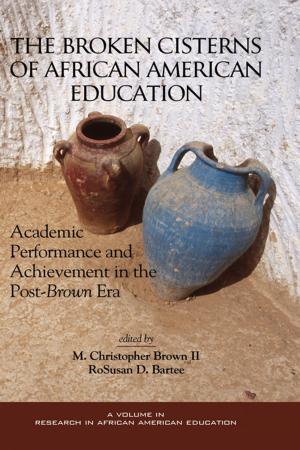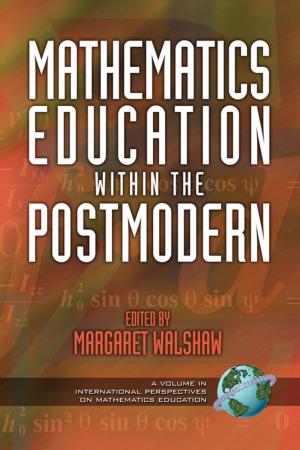Reconceptualizing Literacy in the New Age of Multiculturalism and Pluralism
Nonfiction, Reference & Language, Language Arts, Linguistics| Author: | ISBN: | 9781607529439 | |
| Publisher: | Information Age Publishing | Publication: | July 1, 2001 |
| Imprint: | Information Age Publishing | Language: | English |
| Author: | |
| ISBN: | 9781607529439 |
| Publisher: | Information Age Publishing |
| Publication: | July 1, 2001 |
| Imprint: | Information Age Publishing |
| Language: | English |
This book offers a array of essays with challenging ideas and provoking new analyses of power asymmetries, multiple epistemologies and vital concerns for the education of a different America, the America of new immigrants, people of color with other cultures, languages and values. The new American that many want to ignore and is becoming the only America. This book also forces us to reflect on the educational challenges we must face, especially in teacher education and the preparation of intellectual leaders. None of the major agenda items associated with a new era of social justice can be either comprehended or accomplished without a profound understanding of multicultural literacy, and of its relationship to ethnic, racial, cultural and linguistic diversity. While in previous decades we used frequently a rhetoric of multiculturalism (at a safe distance), today we are living multiculturalism and practicing ethnic, cultural and racial diversity in our daily lives as we seek a marriage partner, a business associate, a friend, a church. Most of all, we must live multiculturalism as we go school and see children’s faces. There is no way to escape the reality of ethnic, racial and linguistic diversity as it comes entangled with many other cultural and class differences between and within each group we encounter. Suddenly, an abrupt awakening for many mainstream educators, what was peculiar of some areas in the Southwest, has become common scenario in most metropolis and large cities. The present volume brings us face to face with issues and challenges we can no longer sweep under the rug. This outstanding volume lays down a solid general conceptual foundation that permits us to link our theoretical past with the postmodern era. It also provides a clear context for the discussion of contrasting notions of monocultural literacy and the relationship of literacy and power. The volume goes on to deal with the relationship of literacy and culture (actually to specific cultures, especially African American). At this point the discourse turns to strategies for incorporating minority perspectives into the literacy curriculum and including the home cultures of disenfranchised peoples. The last section of the book offers help on the practical issues of teacher education for student populations often ignored, and linkages between schools and homes in order to empower the disenfranchised and isolated.
This book offers a array of essays with challenging ideas and provoking new analyses of power asymmetries, multiple epistemologies and vital concerns for the education of a different America, the America of new immigrants, people of color with other cultures, languages and values. The new American that many want to ignore and is becoming the only America. This book also forces us to reflect on the educational challenges we must face, especially in teacher education and the preparation of intellectual leaders. None of the major agenda items associated with a new era of social justice can be either comprehended or accomplished without a profound understanding of multicultural literacy, and of its relationship to ethnic, racial, cultural and linguistic diversity. While in previous decades we used frequently a rhetoric of multiculturalism (at a safe distance), today we are living multiculturalism and practicing ethnic, cultural and racial diversity in our daily lives as we seek a marriage partner, a business associate, a friend, a church. Most of all, we must live multiculturalism as we go school and see children’s faces. There is no way to escape the reality of ethnic, racial and linguistic diversity as it comes entangled with many other cultural and class differences between and within each group we encounter. Suddenly, an abrupt awakening for many mainstream educators, what was peculiar of some areas in the Southwest, has become common scenario in most metropolis and large cities. The present volume brings us face to face with issues and challenges we can no longer sweep under the rug. This outstanding volume lays down a solid general conceptual foundation that permits us to link our theoretical past with the postmodern era. It also provides a clear context for the discussion of contrasting notions of monocultural literacy and the relationship of literacy and power. The volume goes on to deal with the relationship of literacy and culture (actually to specific cultures, especially African American). At this point the discourse turns to strategies for incorporating minority perspectives into the literacy curriculum and including the home cultures of disenfranchised peoples. The last section of the book offers help on the practical issues of teacher education for student populations often ignored, and linkages between schools and homes in order to empower the disenfranchised and isolated.

